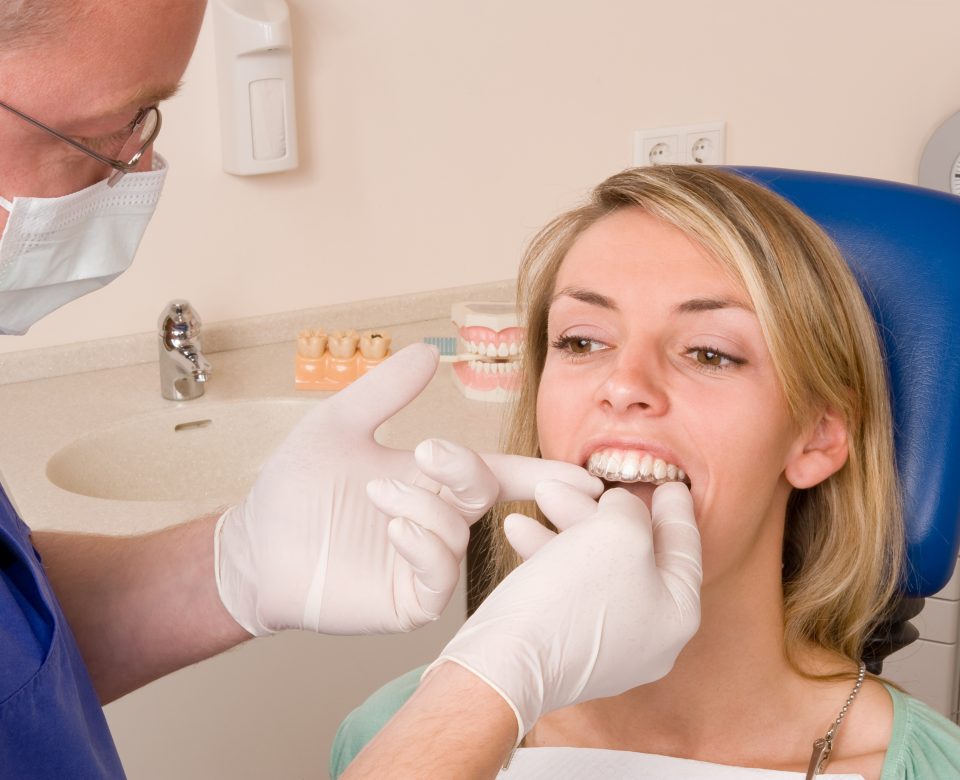
Choosing the Right Cosmetic Dentist in Cadillac, MI
March 8, 2024
Introduction to Restorative Dentistry
March 8, 2024Taking care of your dental implants is crucial for ensuring their long-term success and maintaining optimal oral health. Whether you've recently undergone implant surgery or have had implants for years, following these tips can help you preserve the integrity of your implants and enjoy a healthy, beautiful smile for years to come.
1. Practice Good Oral Hygiene
Maintain a consistent oral hygiene routine by brushing your teeth at least twice a day and flossing daily. Use a soft-bristled toothbrush and non-abrasive toothpaste to clean around the implant crown and along the gumline. Additionally, consider using an antimicrobial mouthwash to reduce bacteria and plaque buildup.
2. Attend Regular Dental Check-ups
Visit your dentist for regular check-ups and cleanings to monitor the health of your implants and surrounding tissues. Your dentist will assess the stability of your implants, evaluate your oral hygiene practices, and address any concerns or issues early on to prevent complications.
3. Avoid Tobacco Products
Tobacco use can increase the risk of implant failure and complications such as gum disease and peri-implantitis. If you smoke or use other tobacco products, consider quitting to improve the long-term success of your dental implants and protect your overall oral health.
4. Avoid Hard Foods and Habits
Avoid biting down on hard foods or using your teeth as tools to prevent damage to your dental implants and restorations. Additionally, refrain from chewing on ice, pens, or other hard objects that could potentially chip or fracture your implants.
5. Protect Against Teeth Grinding
If you have a habit of grinding or clenching your teeth, talk to your dentist about wearing a custom night guard to protect your implants and natural teeth from excessive wear and damage. Teeth grinding can put undue stress on implants and lead to complications over time.
6. Maintain a Healthy Diet
Eat a balanced diet rich in fruits, vegetables, lean proteins, and whole grains to support overall oral health and implant success. Avoid excessive consumption of sugary and acidic foods and beverages, as they can contribute to tooth decay and gum disease, jeopardizing the longevity of your implants.
7. Be Mindful of Dental Trauma
Be mindful of activities or sports that could result in dental trauma, such as contact sports or activities with a high risk of injury. Wear a mouthguard during these activities to protect your implants and natural teeth from trauma and potential damage.
8. Follow Post-Operative Instructions
If you've recently undergone implant surgery, follow your dentist's post-operative instructions carefully to promote proper healing and implant integration. This may include avoiding certain foods, practicing good oral hygiene, and taking prescribed medications as directed.
9. Monitor for Signs of Complications
Be vigilant for signs of potential complications such as swelling, pain, redness, or loosening of the implant. If you experience any unusual symptoms or concerns, contact your dentist promptly for evaluation and appropriate treatment.
10. Stay Informed and Educated
Stay informed about the latest developments and recommendations in dental implant care by regularly consulting with your dentist and staying up-to-date on reputable dental resources. Knowledge is empowering and can help you make informed decisions about your oral health and implant maintenance.
By following these tips for dental implant care, you can enhance the longevity and success of your implants and enjoy a healthy, functional smile for years to come. Remember to consult with your dentist regularly for personalized guidance and recommendations tailored to your specific needs and circumstances.



